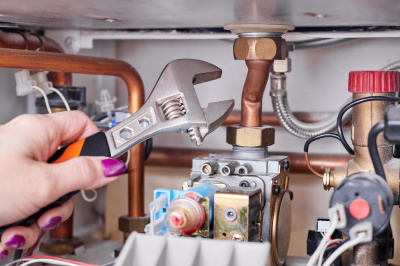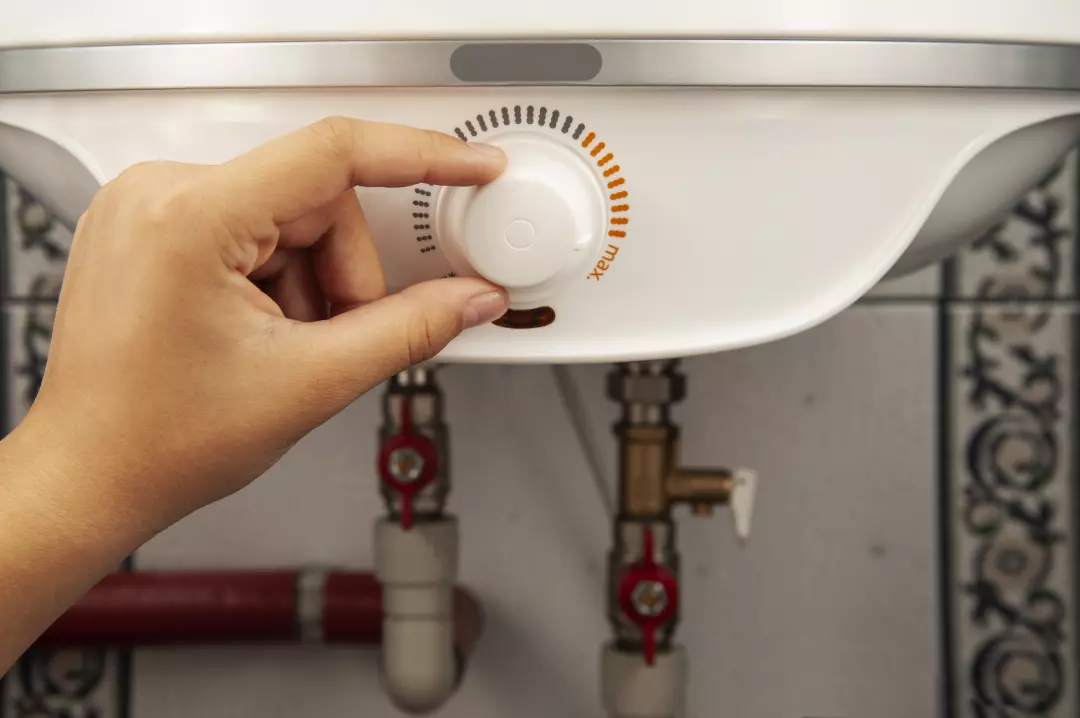Choosing the wrong heating engineer or boiler brand
When you are in the market for a new boiler, it's important to take the time to research and plan ahead to make sure you get the best model for your needs. It's all too easy to make costly mistakes or overlook potential pitfalls that could end up costing you money in the long run. To ensure you get the best out of your boiler and don't encounter any costly surprises, here are some tips to help you avoid some of the common mistakes when replacing your boiler. One of the biggest mistakes people make when replacing their boiler is rushing the decision process and not doing enough research. It’s important to find an experienced, qualified, and accredited heating engineer to install your boiler, as the wrong choice could cost you more in the long run. Be sure to read customer reviews online to gain an understanding of the quality of the engineer and their work. When selecting your boiler, make sure to check the ratings and reviews. Attractive adverts sway many customers and don’t read properly into what they are buying. Take the time to compare boilers from different brands and look at how energy-efficient they are and what warranties or guarantees come with them. The best boilers are those that are guaranteed up to 10 years.
When should I upgrade my boiler?
One of the most difficult aspects of replacing your boiler is determining when the best time will be. Typically, it’s advisable to replace your boiler if it’s more than 10 years old or is becoming unreliable or inefficient. According to Boiler Central, a new boiler can even save you up to £300 a year on your energy bills. If you're starting to have regular callouts or repairs, then this is a sign that you should start looking into getting a new boiler.

Need assistance finding boiler replacement near you?
Get a QuoteNeglecting The Steam Trap Inserts
When installing a new boiler and replacing old pipes, it’s important to make sure you have steam trap inserts in place. Without these, when the system is first turned on, steam will escape, leading to wasted energy and higher bills. Be sure to take the time to properly install these inserts, as the savings made can really add up.
The Use of Inappropriate Furnace Installation Materials
Another mistake often made when replacing a boiler is trying to save money by using inferior materials and products. While this may seem like a good idea in the short term, it’s important to keep in mind that, in the long run, this is likely to lead to additional repair costs or a shorter lifespan for the boiler, negating any savings made.
How often should I replace my boiler?
As a general rule, it’s recommended that you replace your boiler every 10-15 years. The older the boiler, the more inefficient and expensive it is to run, so it makes sense to regularly replace it in order to keep up performance and energy efficiency. In addition, EDF reports that newer boilers contain fewer parts, making them easier and cheaper to repair if something goes wrong.
Replacing your boiler can be an essential part of maintaining energy efficiency and keeping your home comfortable. By following these tips, you can make sure you avoid common mistakes and get the best out of your new boiler.
In this article:
